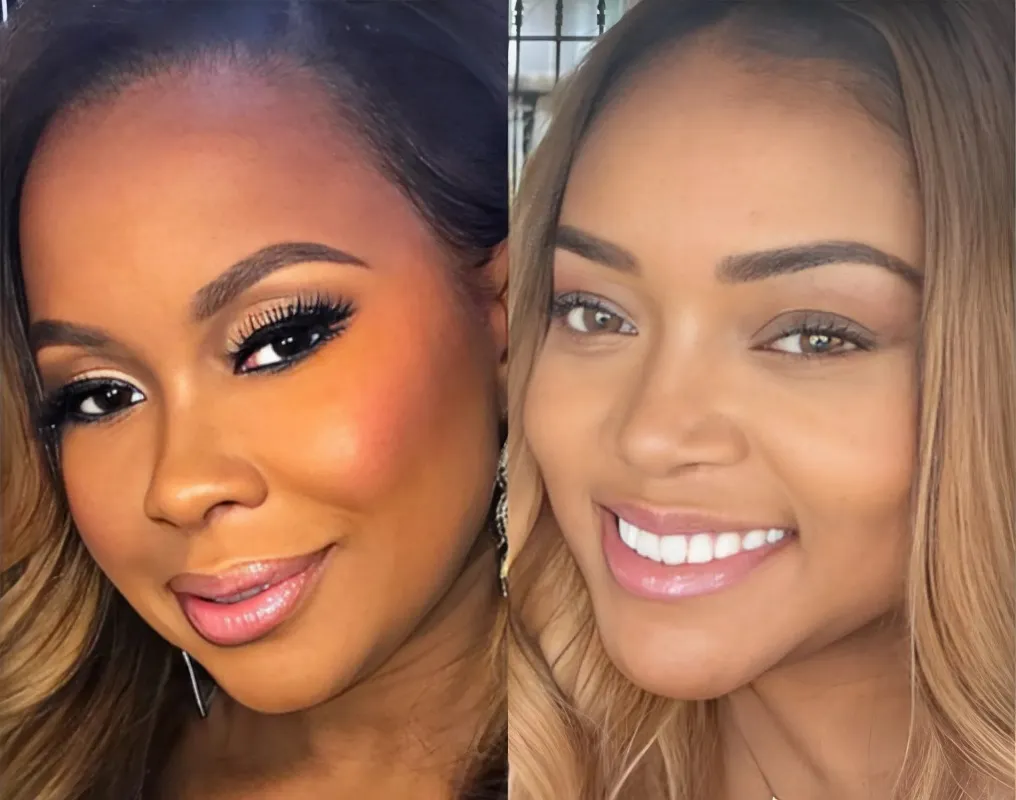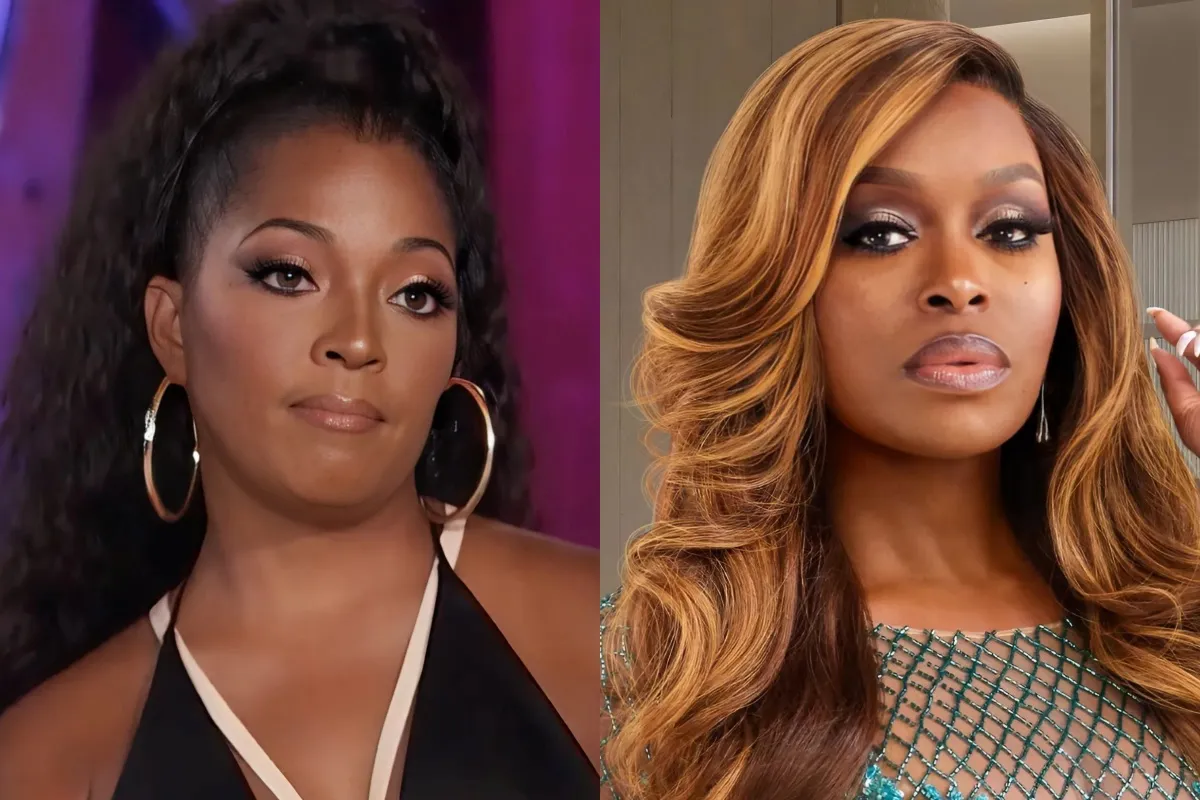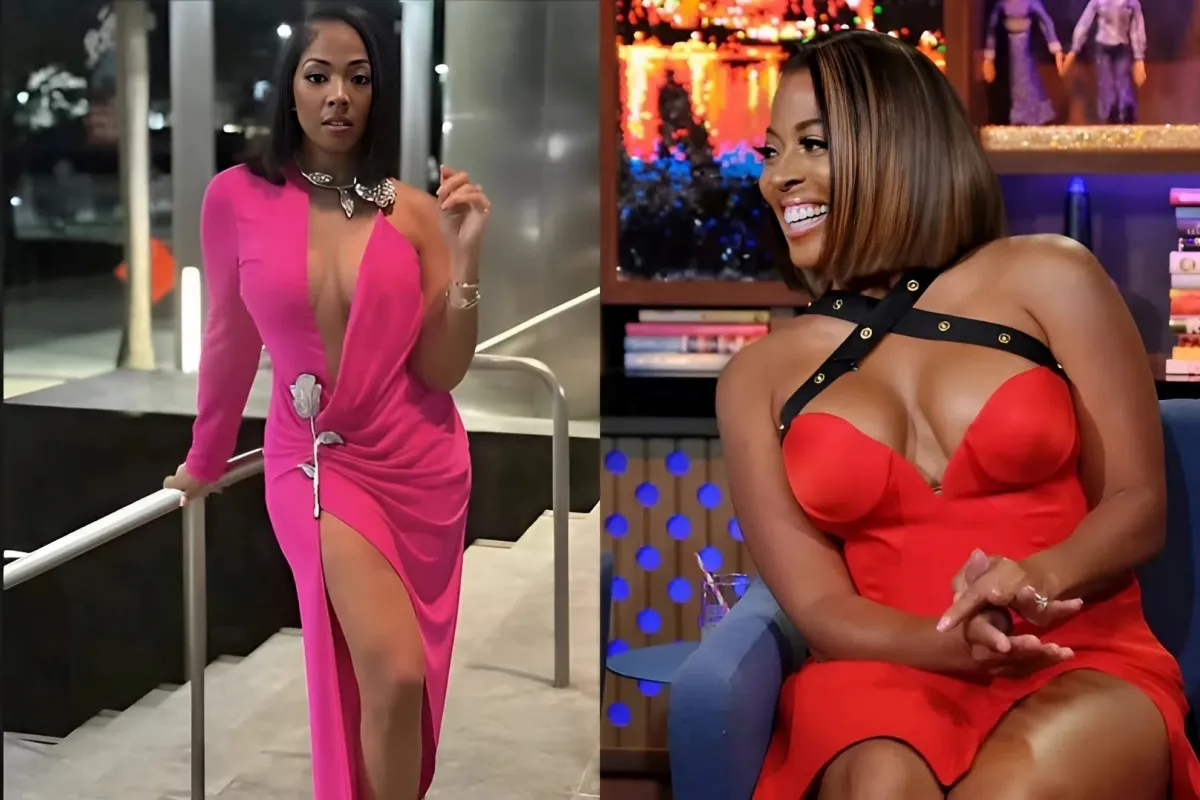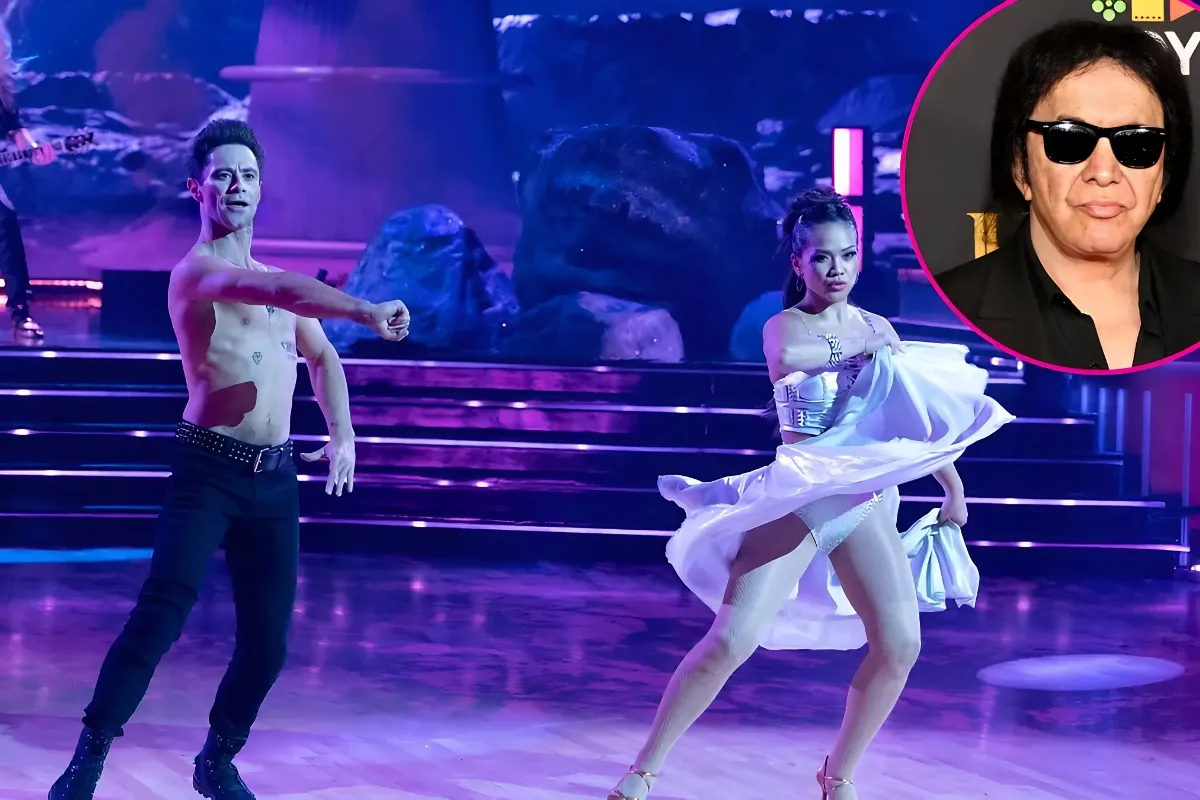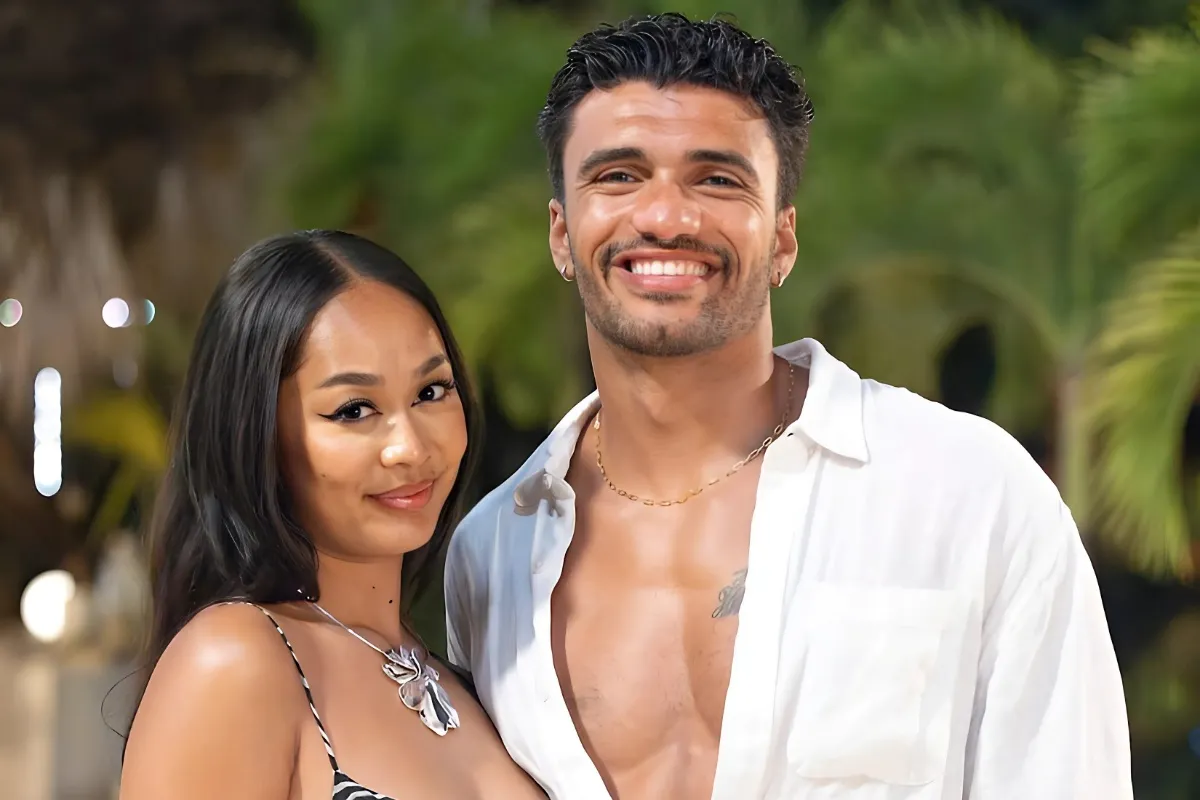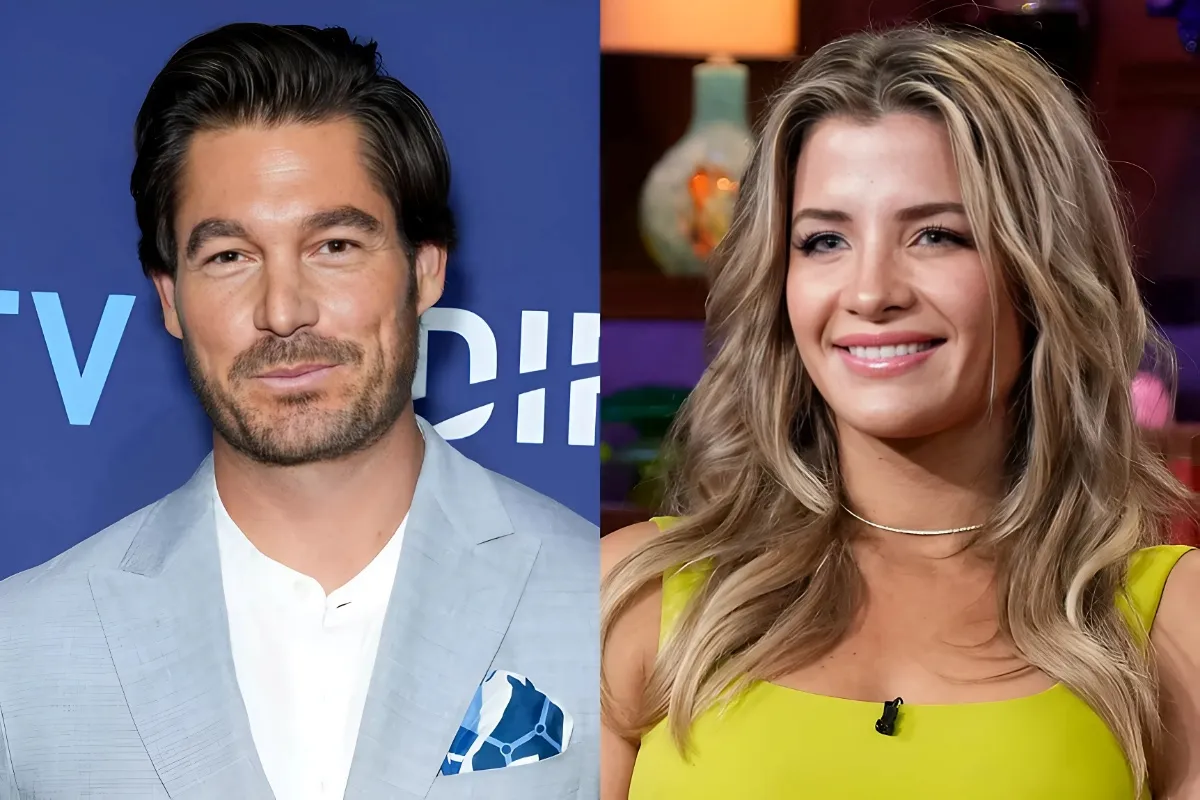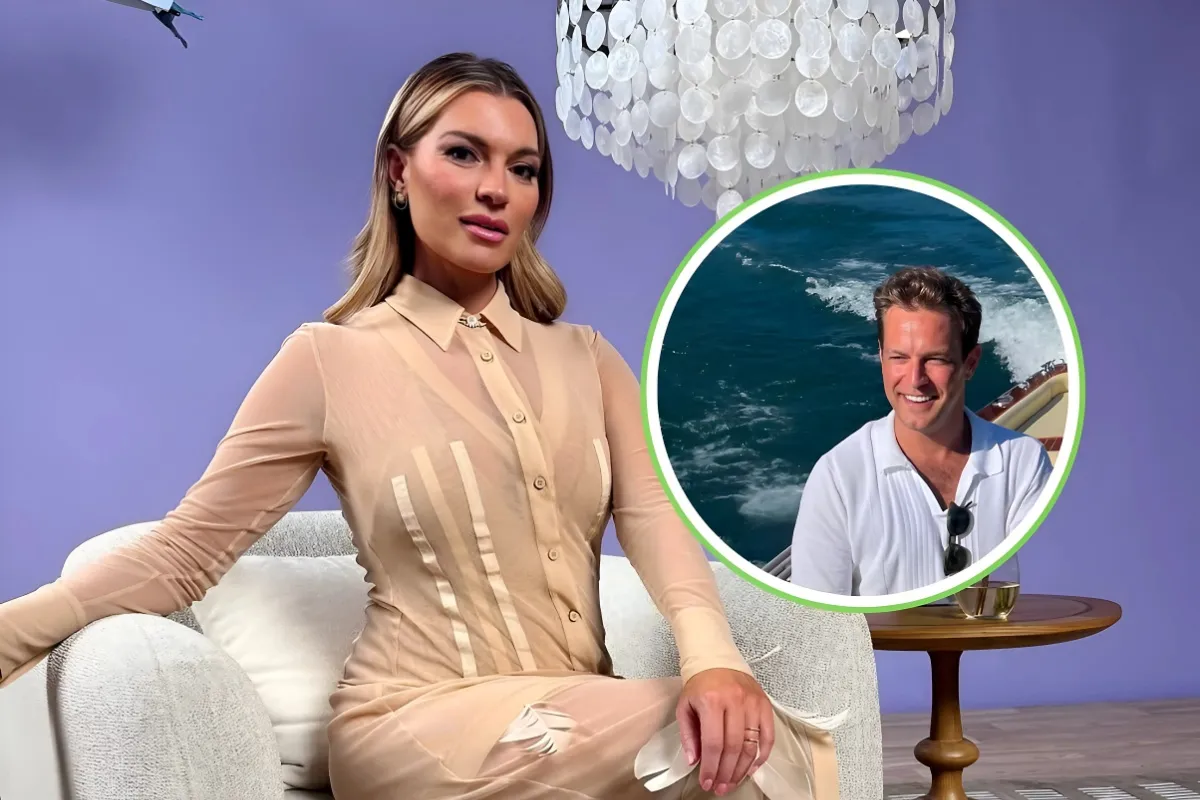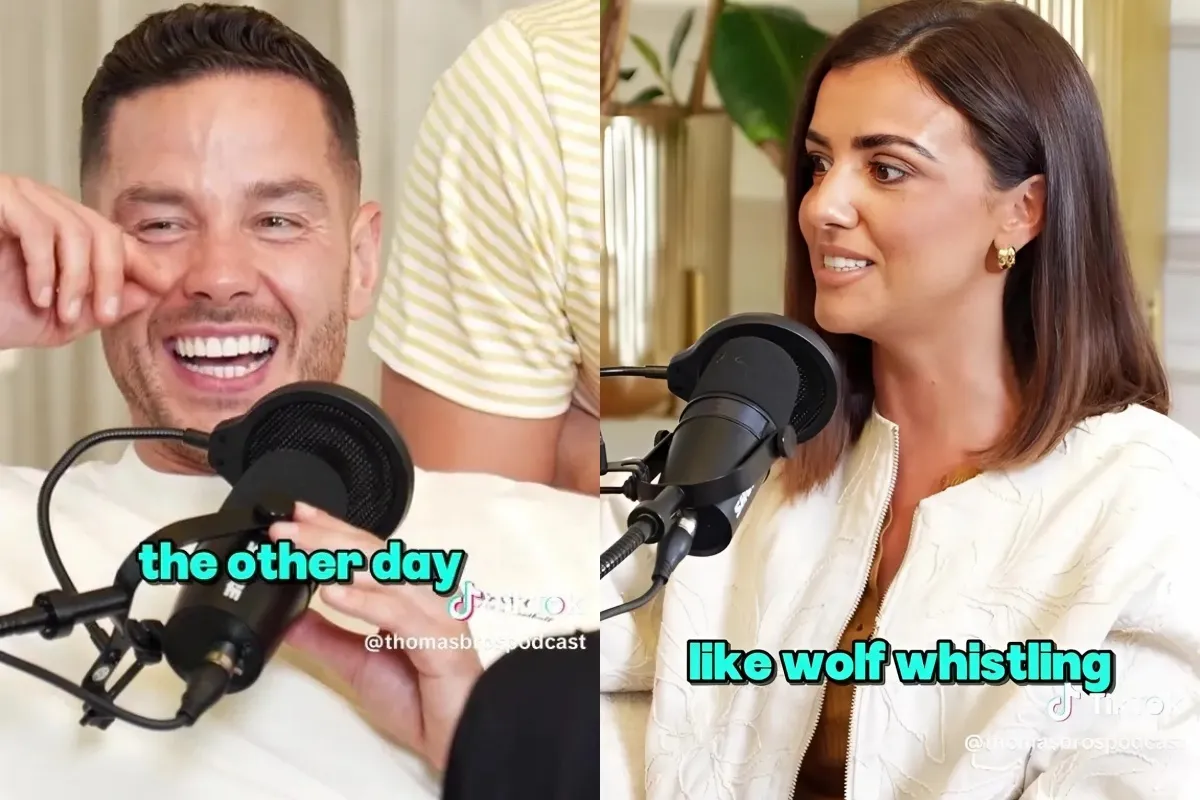
Whoops!
Page not found!
The page you are trying to reach cannot be found. In the meantime feel free to search or check out the articles below.


Christine McGuinness almost spills out of tiny minidress as Celebs Go Dating star poses for bathroom selfie ngocc
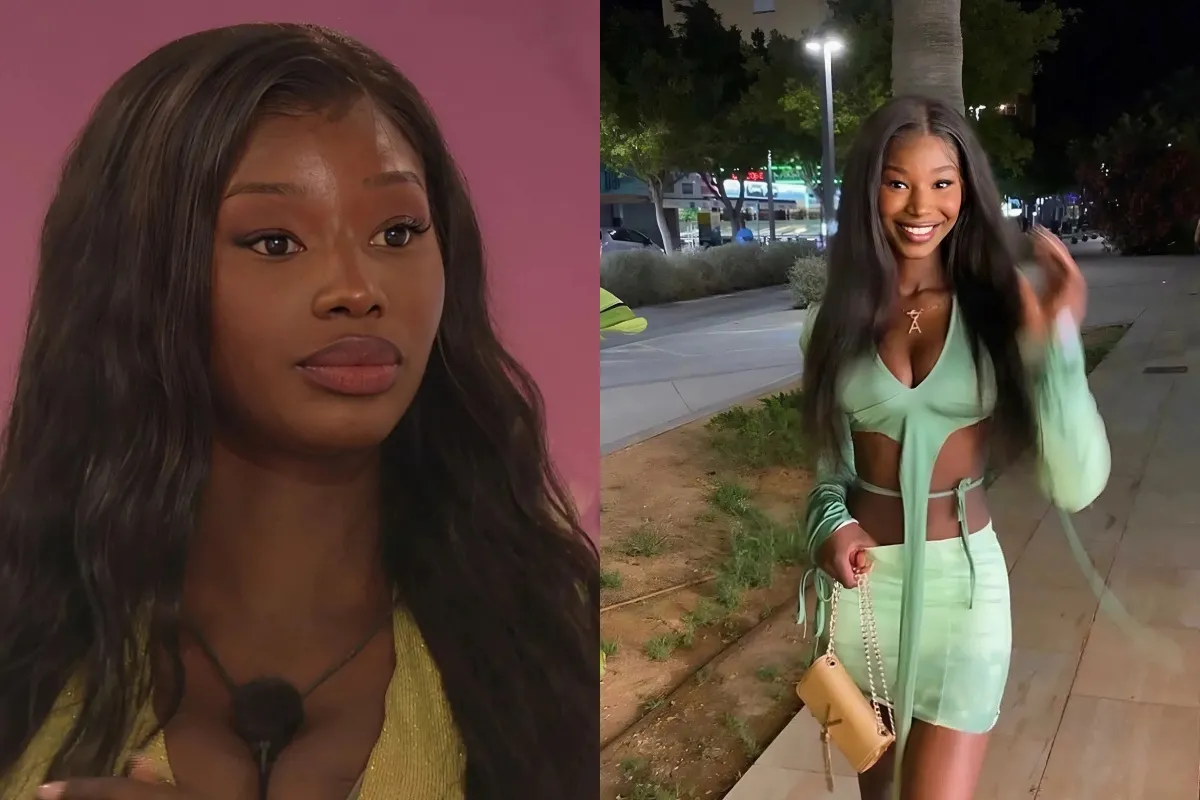
Love Island star was ‘straight on the phone to old boss at Barclays’ to get her job back after shock villa axe liennhi
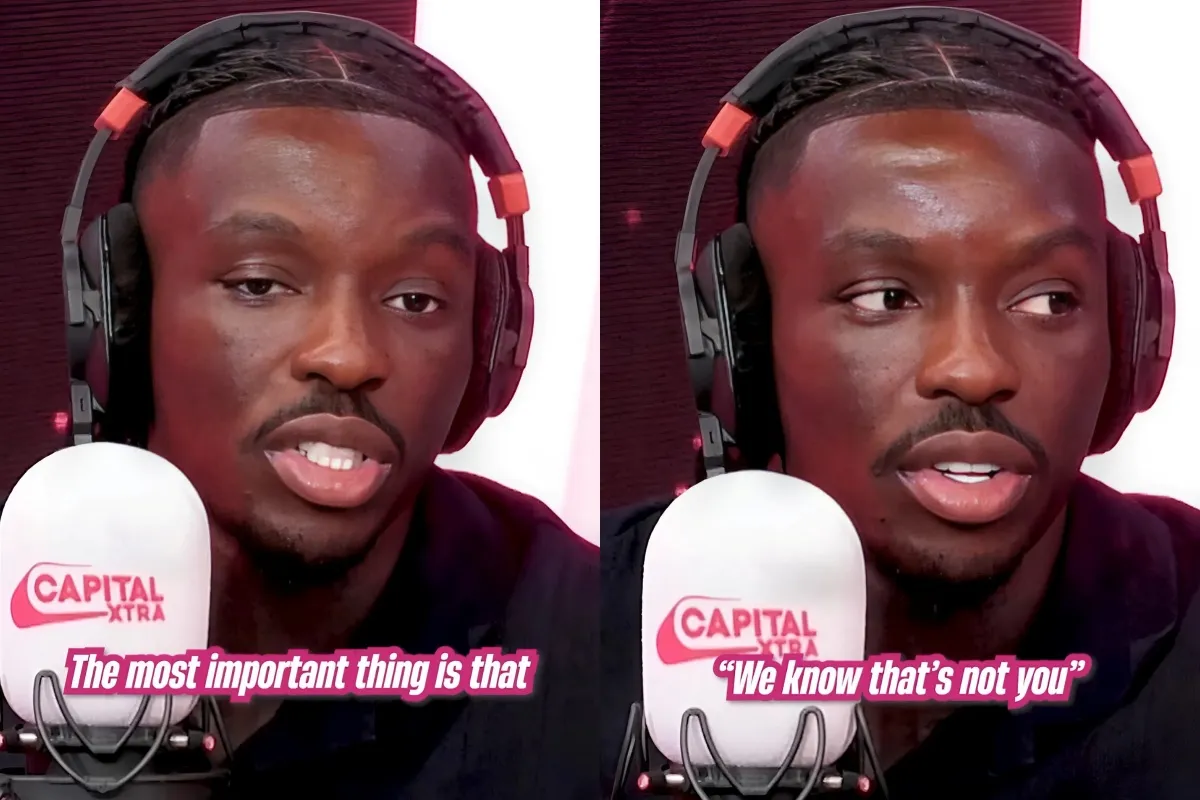
Love Island’s Dejon breaks silence on ‘Surviving Dejon’ book written by step-sister who branded him a ‘narcissist’ liennhi
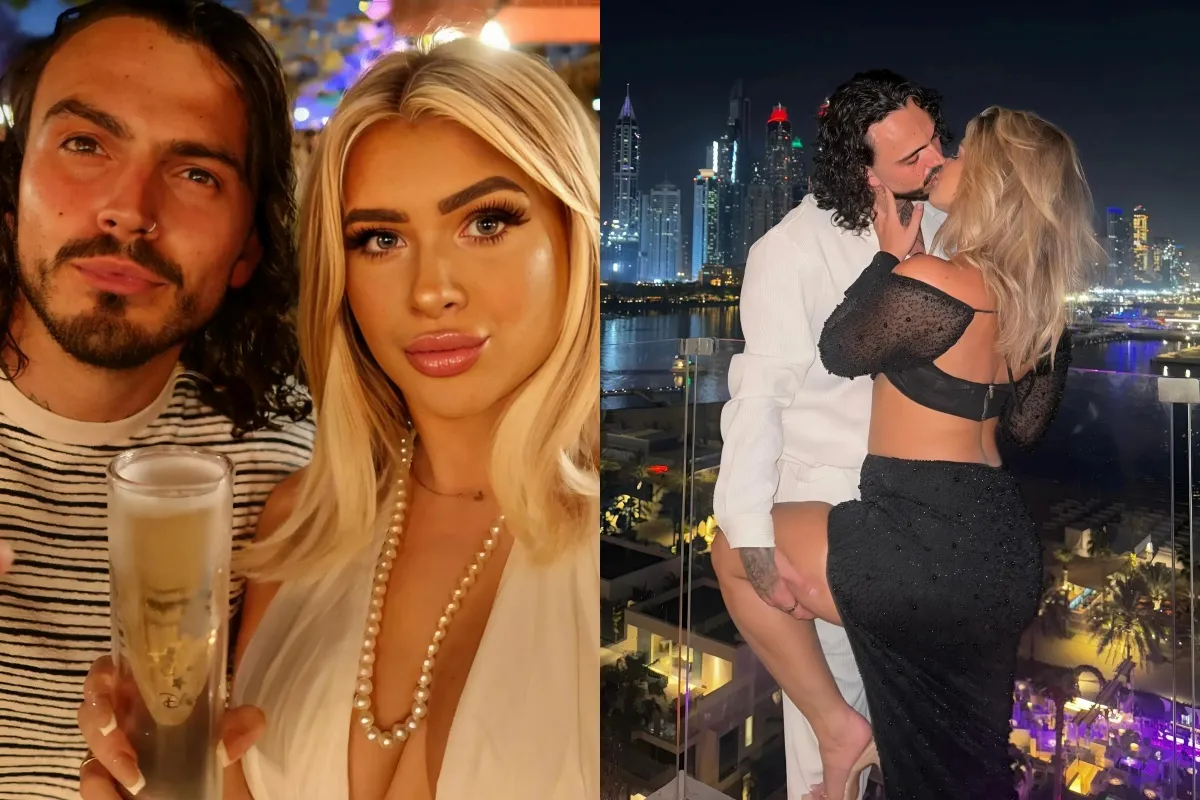
Love Island’s Liberty Poole reveals reason for boyfriend split in emotional statement saying ‘life is not a fairytale’ liennhi
